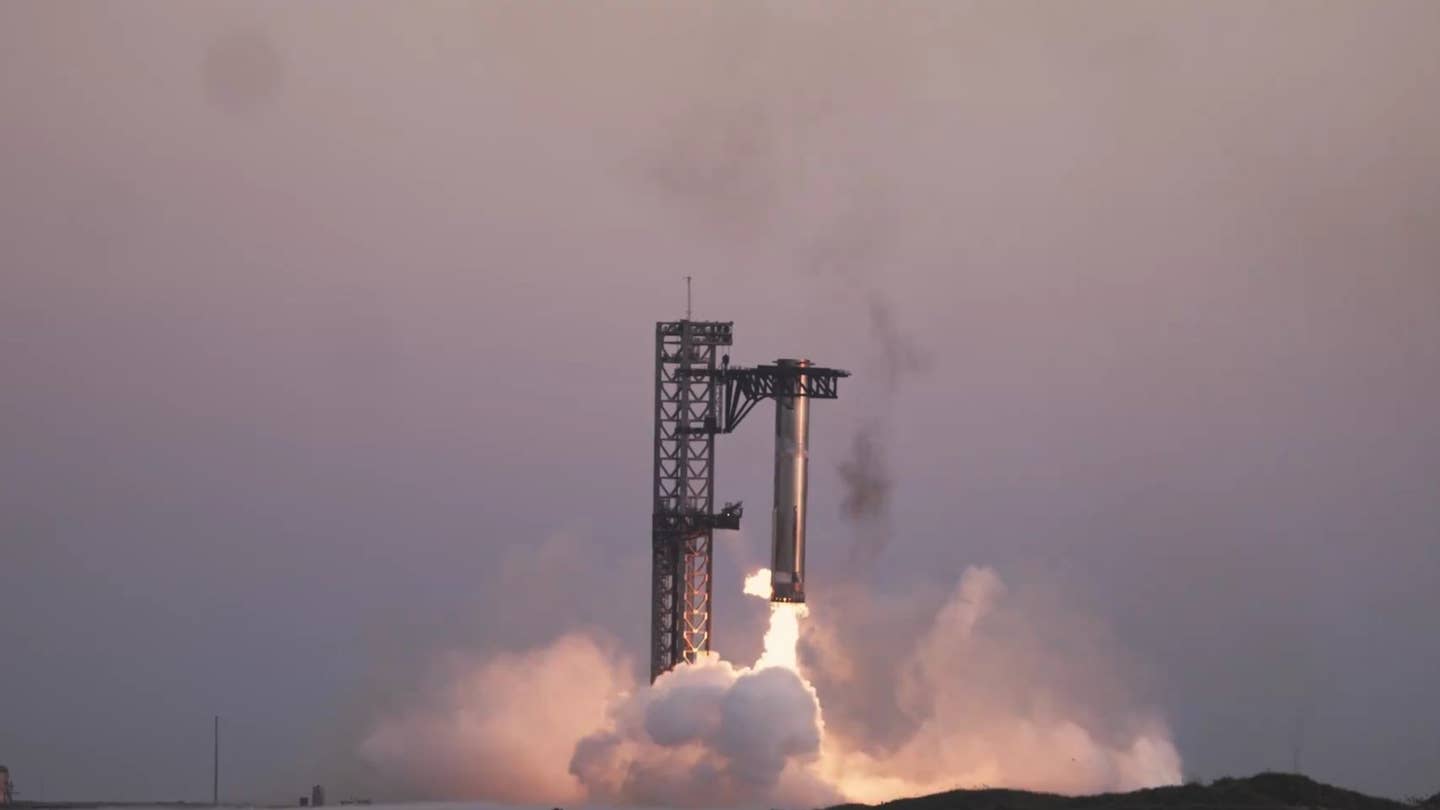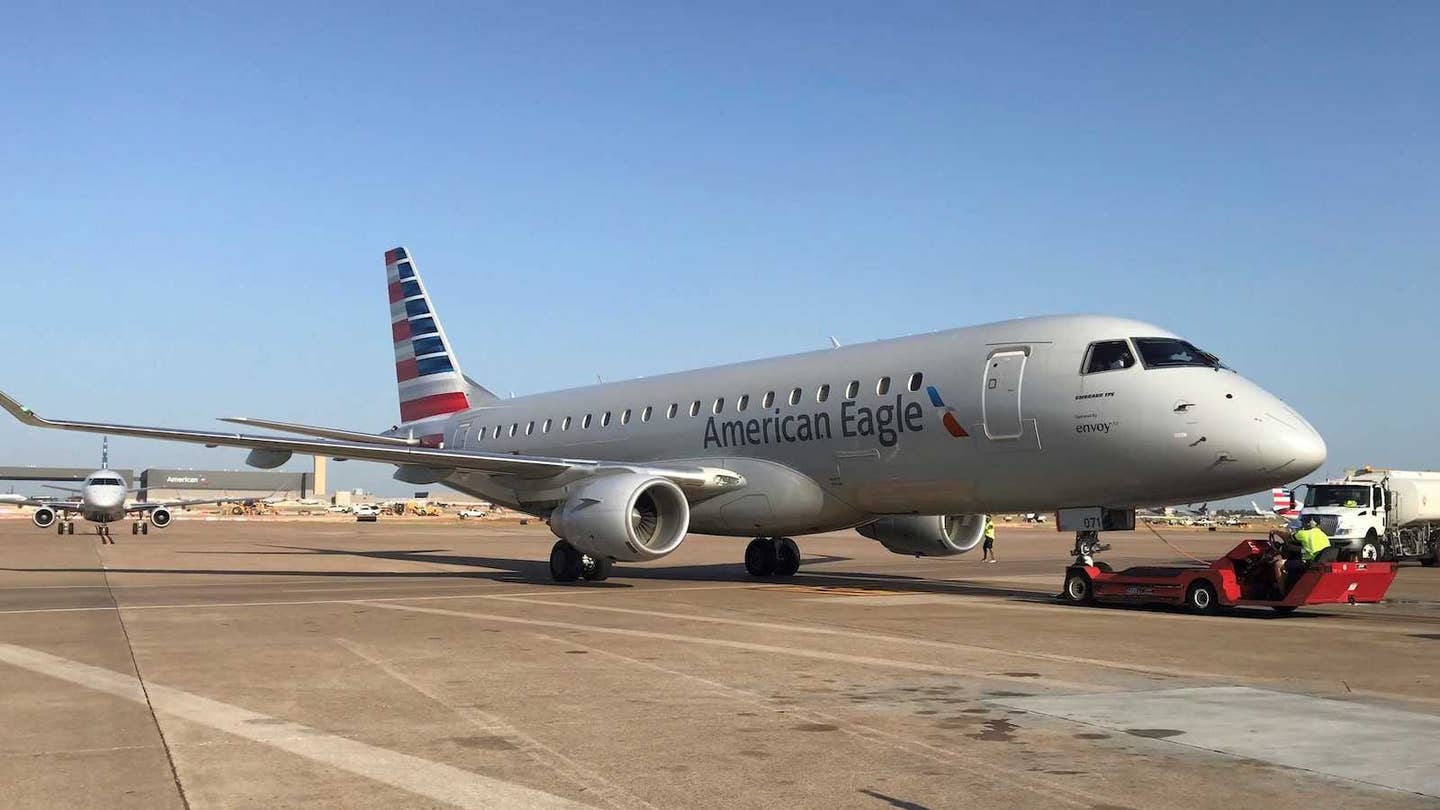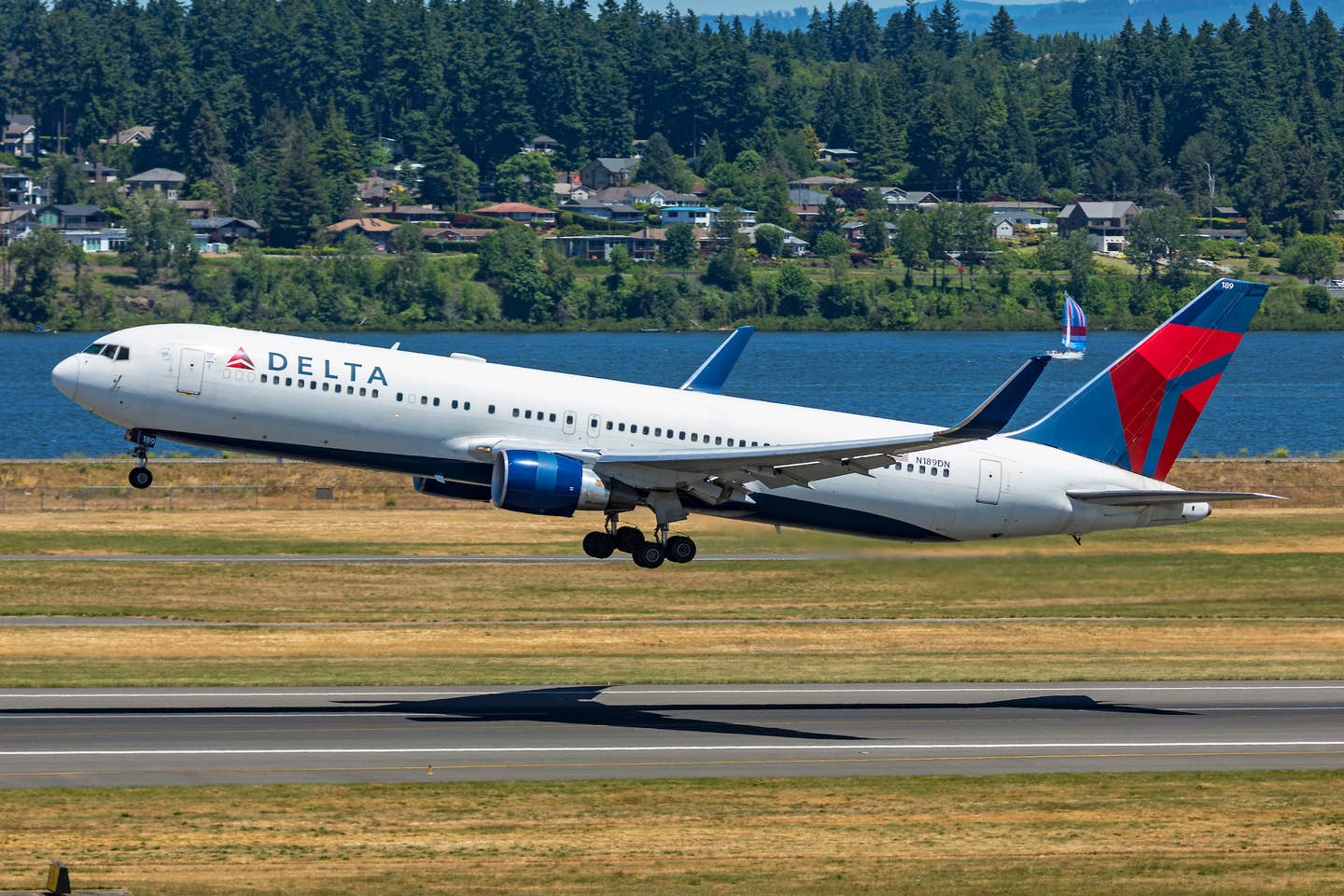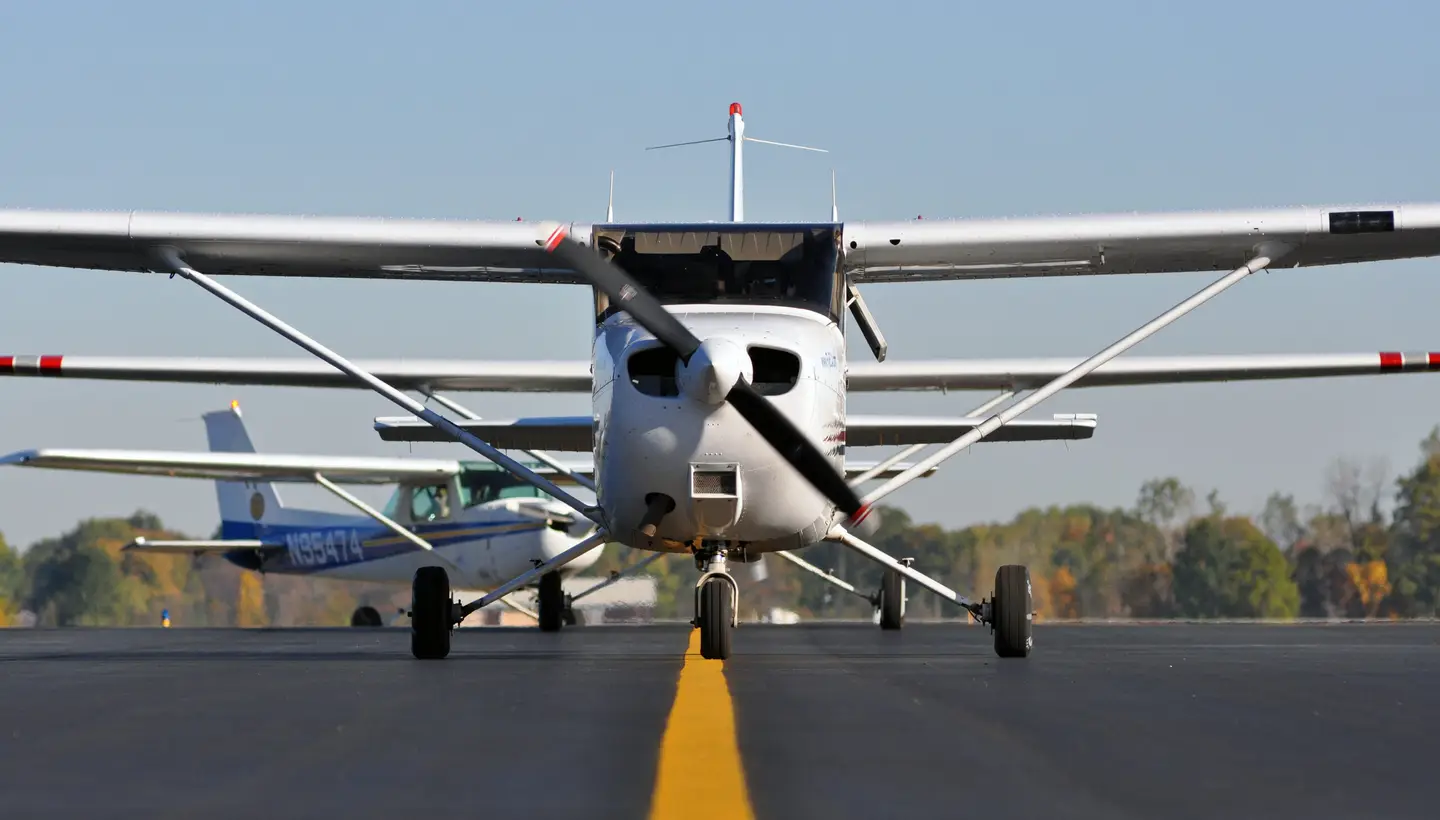
Cessna Citation X
A Hong Kong business journal has reported that Cessna is in preliminary talks with Chinese conglomerate AVIC on the subject of a joint venture between the firms to build and distribute business aircraft in mainland China. The story in the South China Morning Post quotes Cessna's Trevor Esling as confirming that the talks are preliminary. The report follows an April disclosure that Cessna was one of several business aircraft manufacturers to participate in an request for proposals from AVIC and seems to confirm that Cessna and others are still involved in ongoing discussions.
The story goes on to say that “it is believed that competitors — including Gulfstream, Bombardier and Embraer — were in talks with AVIC as they eye the lucrative and undeveloped mainland market.” The quote was not directly attributed to Esling or to Cessna. Cessna VP of Communications Bob Stangarone confirmed that Cessna is indeed in talks with AVIC, though he described it as part of the ongoing request for proposal process, in which other business jet makers are also participating.
While the story is news, it doesn’t reveal anything that hasn’t been strongly suspected for some time. The potential market for business aircraft in China, while embryonic, could eventually dwarf the demand from the rest of the world combined. It’s also no secret that in order to sell jets in China, manufacturers are going to have to build at least some of those jets there. Such agreements would theoretically have no impact on the continued production of Cessna turbine-powered aircraft in Wichita.
Perhaps the more telling revelation was the comment by Esling that Cessna was very interested in military contracts with China. “The PLA [People’s Liberation Army] would be one big potential client for us,” Esling is quoted by the news outlet as saying. Currently the Pentagon prohibits such sales, but the U.S. and Chinese militaries are actively seeking closer ties, including participating in joint exercises.
The story also hints at the dangers to American business aircraft manufacturing in the form of technology transfer. The author of the piece states that China will “need technological transference from international jet makers” as “corporate jets are technologically more advanced than commercial jets.” The transference process will, presumably, allow the Chinese to build their own business aircraft, so any spike in sales to China, in that case, could last only as long as it took the country to spool up its own jet aircraft manufacturing production capacity.
Read Robert Goyer's blog on the dangers and opportunities of doing aviation business with China.

Sign-up for newsletters & special offers!
Get the latest FLYING stories & special offers delivered directly to your inbox






